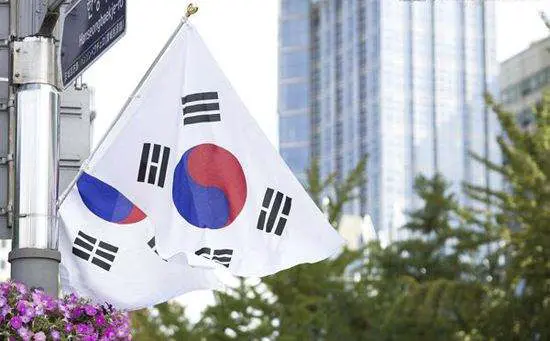The US announced new sanctions aimed at stopping the Democratic People's Republic of Korea (DPRK)'s nuclear weapons development on Jan. 24 and urged China and Russia to expel DPRK citizens raising funds for the programs.
The US Treasury imposed sanctions on nine entities, 16 people and six DPRK ships it accused of helping the weapons programs. It said two China-based trading firms were involved in exporting millions of dollars worth of metals and other goods used in weapons production.
The individuals included members of DPRK's Workers Party operating in China, Russia and Georgia's breakaway Abkhazia region. Among them were DPRK's vice consuls in Nakhodka, Russia and an individual reportedly involved in sending DPRK laborers to Abkhazia.
"Treasury continues to systematically target individuals and entities financing the Kim regime and its weapons programs, including officials complicit in North Korean (DPRK) sanctions evasion schemes," Treasury Secretary Steven Mnuchin said in a statement.
"The US government is targeting illicit actors in China, Russia, and elsewhere who are working on behalf of North Korean (DPRK's) financial networks, and calling for their expulsion from the territories where they reside."
The entities sanctioned included DPRK's Ministry of Crude Oil Industry.
The action enables the US to block assets held by the individuals or firms in the US and prohibits US citizens from dealing with them.
The US has led an international campaign to tighten sanctions on the DPRK to force it to give up development of nuclear weapons and missiles capable of hitting the US.
US Secretary of State Rex Tillerson speaks during a United Nations Security Council meeting concerning DPRK's nuclear ambitions, in New York City, December 15, 2017.
The UN Security Council in December unanimously imposed new sanctions on the DPRK for a recent intercontinental ballistic missile test, seeking to further limit its access to refined petroleum products and crude oil.
US Central Intelligence Agency Director Mike Pompeo has said the DPRK is "a handful of months" away from being able to make a nuclear attack on the US.
On Jan. 23, he said US President Donald Trump's focus was on a diplomatic solution to the crisis backed by tighter sanctions, but the CIA was working to provide a range of other options should that fail.
The Trump administration has said all options are on the table including military ones, and officials say the president and his advisers have discussed the possibility of a limited strike. But debate on military options has lost some momentum in recent weeks after the DPRK and Republic of Korea (ROK) resumed talks ahead of next month's Winter Olympics in PyeongChang.
Sanctions expert Anthony Ruggiero of the Foundation for Defense of Democracies think tank said the Treasury move showed Trump’s "maximum pressure" policy would continue even with the focus on the inter-Korea talks.
"The action against Chinese firms is important as it increases the pressure on Beijing to stop Chinese nationals from facilitating North Korea (DPRK)’s sanctions evasion," he said.
The Treasury named the firms as Beijing Chengxing Trading Co. Ltd. and Dandong Jinxiang Trade Co., Ltd.
A senior US official said this week that despite the Trump administration’s recent public focus on Russia, China remained the main culprit in the DPRK sanctions busting. He pointed to involvement of Chinese organized crime groups, banks and government officials in the peddling of amphetamines, counterfeit currency and fake luxury goods.
While China has backed successive rounds of UN sanctions on the DPRK it worries that excessive pressure could cause the collapse of a country it has long considered a strategic ally.
(REUTERS&CGTN)
 简体中文
简体中文





